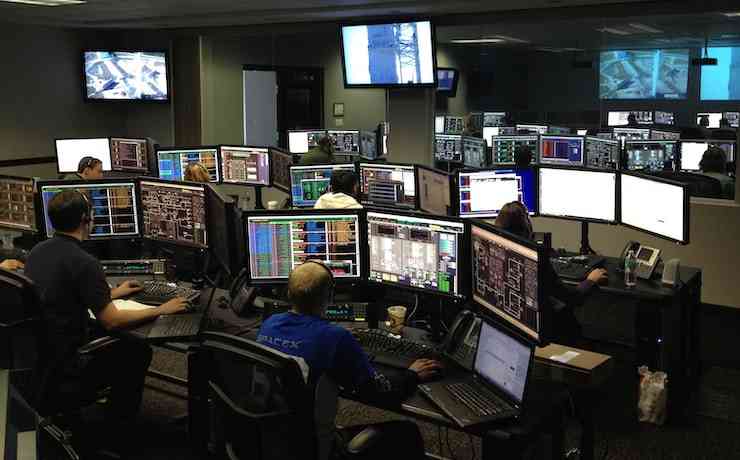
WHEN a traditional media company transforms itself for the digital age, a poor personnel decision can derail the best strategies. Yet the way newsrooms make promotions or assign new jobs hits
people who may not be equipped with the leadership qualities needed to manage people in difficult times during change.
The mindset in some newsrooms holds that journalists can move around easily and are equipped to learn anything new. For instance, if someone is interested in data and analytics, they might be promoted into the analytics department, with newsroom leaders figuring they will learn what they need to know, just like they did in every other role they held.
Certainly, journalistic skills are a worthy and important measure of competence in a newsroom and should be considered in promotion decisions. But in a digital environment with completely new jobs appearing, it isn’t enough by itself. The knowledge required is far too specific in new roles like digital editor, engagement editor or head of analytics. To get deep knowledge in a completely different digital area requires profound education and training as well as a lot of experience.
Finding the right people for the leadership team begins by getting the right assessment and the right profile for every job, with a simple thing like a written job description. In this job description there are four areas of skills that need to be considered in this new world, if you want to get the right people in the right seats.
The first is (obviously) journalistic skills with an understanding of the core values and mission and the ability to produce compelling content that attracts audiences. The best writers or editors often become team leaders or section heads based on this sole criterion, because competent journalists have earned the respect and trust of their colleagues. But many often lack other skills since they haven’t had to learn them, did not need them or weren’t trained for it.
The second skill set that has become more important in digital newsrooms is competency with the new media technologies. Not only competency with the editorial systems, but knowledge and understanding of the digital platforms and social media concepts as well as digital storytelling techniques. More importantly, candidates for the leadership team should also be able to handle analytics, work with analytics systems and to be able to create and interpret reports that are needed to make stories more successful on digital channels and platforms.
Management and leadership skills, that for the third area, are of course mandatory. In an era of diminishing resources, being able to organise the work of teams in an effective and efficient way is crucial. These skills become even more critical, when you are going to succeed in taking an entire organisation through a transformation process that changes workflows, roles and responsibilities, technology and the content itself. Being able to plan ahead, to define a strategy and execute it, to give constructive feedback to people, to resolve conflicts, to encourage enthusiasm about the transformation itself are only some tasks that a leader needs to take on. In short, it requires people who can change a culture.
- Zim ISPs should filter internet porn
- Theatre needs aggressive marketing: Albert Nyathi
- Why the RBZ adopted a digital currency
- Digital digest: Data informed newsroom key for journalism to survive digital Darwinism
Keep Reading
Interpersonal and personal skills is the fourth element. It is about how someone can interact with his or her environment and colleagues to bring the message across in the right way and how he or she communicates. It also encompasses the personal mindset and value such as being curious, willing to learn, being open minded and a “half-full-glass” person.
Once you have the profile and the requirements for each position, it is important to stick to it.
Sometimes these job profiles are created, but when it is time to find to right person for the job, it is abandoned and the old way of thinking re-emerges: “It doesn’t matter if the candidate is not a great manager because he or she is a great journalist. It doesn’t matter they don’t know enough about media technology because they will learn it or we will put someone next to them to help.”
This is something that can jeopardise and slow down the whole transformation process. It will take time to train people up, and time is short. When you have to rapidly introduce or increase paid content and digital circulation revenues, you can’t afford to take six months or a year for people to learn it—you need someone quickly.
You can produce tons of strategies, PowerPoint slides, clever structures, and sophisticated processes. You can also build a nice shiny newsroom and get the most modern technology, but if you don’t have the right people in the right chairs with the right motivation with the right skills, it’s really difficult to get the impact you want from the change.
We meet again next week!
Dietmar Schantin is a digital media strategist and has helped to transform the editorial and commercial operations of media brands around the world.










